Adding cut down perennials to compost
grossepointe
9 years ago
Featured Answer
Sort by:Oldest
Comments (24)
dbarron
9 years agolazy_gardens
9 years agoRelated Professionals
Comstock Park Landscape Architects & Landscape Designers · Waunakee Landscape Architects & Landscape Designers · Clermont Landscape Contractors · Goodyear Landscape Contractors · Berkeley Heights Landscape Contractors · East Haven Landscape Contractors · East Patchogue Landscape Contractors · Nanuet Landscape Contractors · North Haven Landscape Contractors · Saint John Landscape Contractors · Bonita Decks, Patios & Outdoor Enclosures · Cedar Falls Decks, Patios & Outdoor Enclosures · Marlboro Decks, Patios & Outdoor Enclosures · Wilmington Decks, Patios & Outdoor Enclosures · Scotts Valley Decks, Patios & Outdoor Enclosuresgrossepointe
9 years agodbarron
9 years agolisanti07028
9 years agoKimmsr
9 years agogrossepointe
9 years agotoxcrusadr
9 years agogrossepointe
9 years agolisanti07028
9 years agogrossepointe
9 years agotoxcrusadr
9 years agoKimmsr
9 years agolisanti07028
9 years agoLloyd
9 years agoKimmsr
9 years agoUser
9 years agoLloyd
9 years agolisanti07028
9 years agoUser
9 years agoKimmsr
9 years agogrossepointe
9 years agotoxcrusadr
9 years ago
Related Stories

GARDENING GUIDESGet on a Composting Kick (Hello, Free Fertilizer!)
Quit shelling out for pricey substitutes that aren’t even as good. Here’s how to give your soil the best while lightening your trash load
Full Story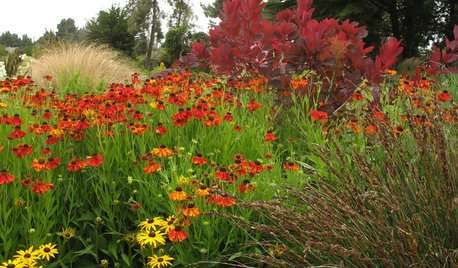
PLANTING IDEASWant a More Colorful, Natural Garden? Try a Perennial Meadow
Spend less time tending and more time taking in the sights by improving on Victorian and prairie garden designs
Full Story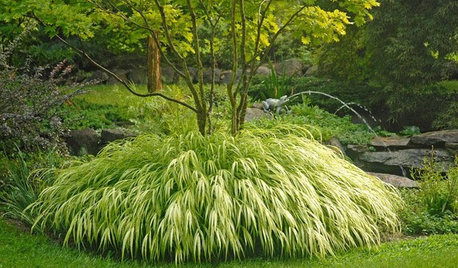
PRODUCT PICKSGuest Picks: 20 Gorgeous Perennials to Plant Now
Take advantage of warm spring weather to create a colorful garden with blooming plants, succulents and ornamental grasses
Full Story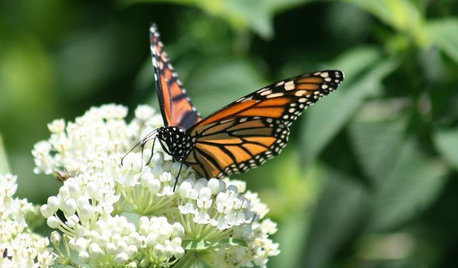
GARDENING GUIDES7 Ecofriendly Gardening Ideas That Also Cut Chore Time
Spend less time weeding, less money watering and more moments just sitting back and enjoying your healthy garden
Full Story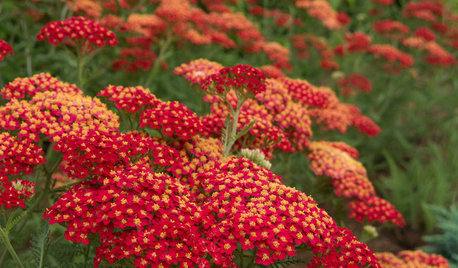
GARDENING GUIDESTop 12 Summer-Blooming Perennials for Deer-Resistant Drama
Can you have garden color, fragrance and exciting foliage with hungry deer afoot? These beauties say yes
Full Story
HOLIDAYSHow to Care for Your Christmas Tree
Keep your tree looking lush until the last ornament is packed away with these tips for watering, using stands and more
Full Story
BUDGET DECORATINGSimple Pleasures: Treat Yourself to Cut Flowers
Enjoy priceless beauty with just a few inexpensive stems — and you don’t need fancy vases, either
Full Story
MOST POPULARWhat to Know About Adding a Deck
Want to increase your living space outside? Learn the requirements, costs and other considerations for building a deck
Full Story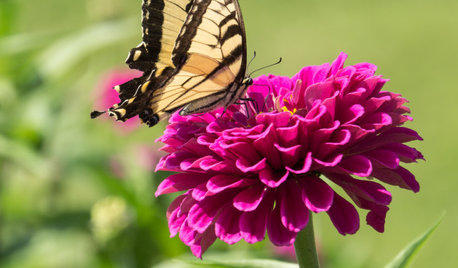
GARDENING GUIDES20 Favorite Flowers for Butterflies and Bouquets
Discover perennials and annuals that do double duty as butterfly magnets and versatile cut flowers
Full Story
LIFESurprising Ways to Pare Down at Home
All those household items you take for granted? You might not need them after all. These lists can help you decide
Full Story





Lloyd